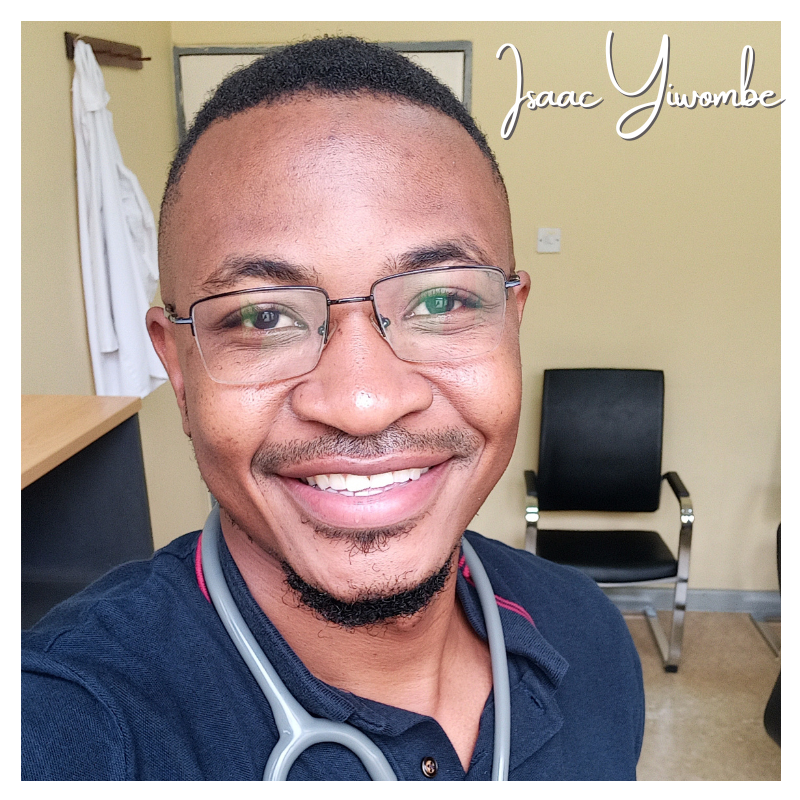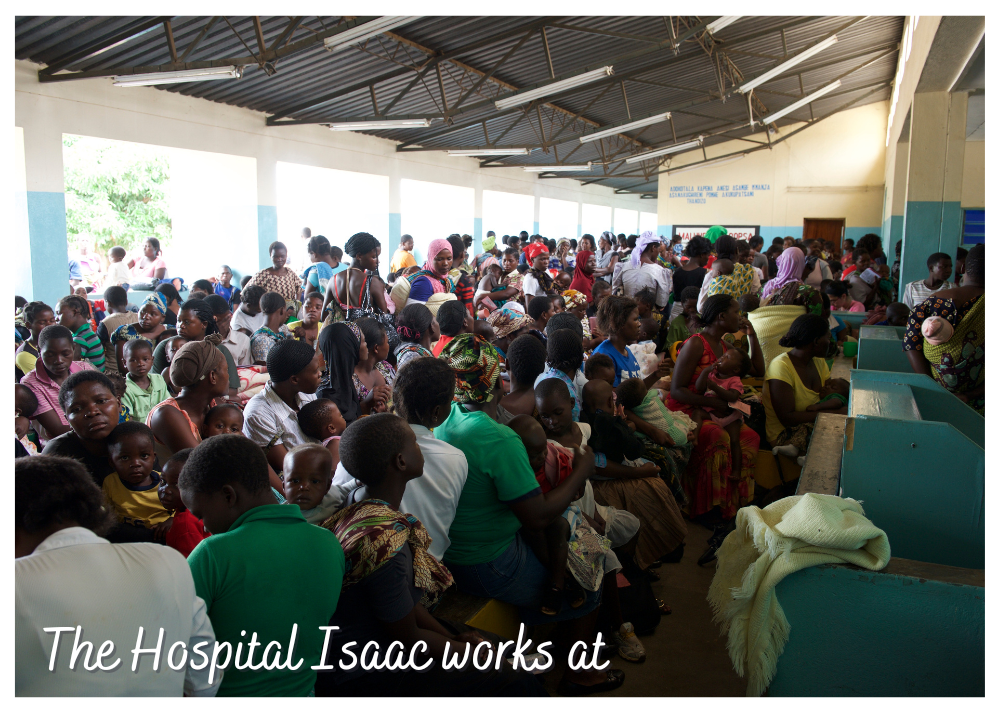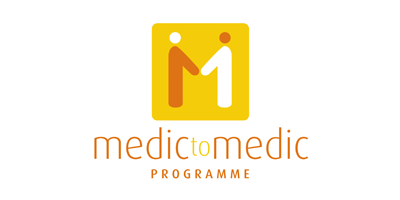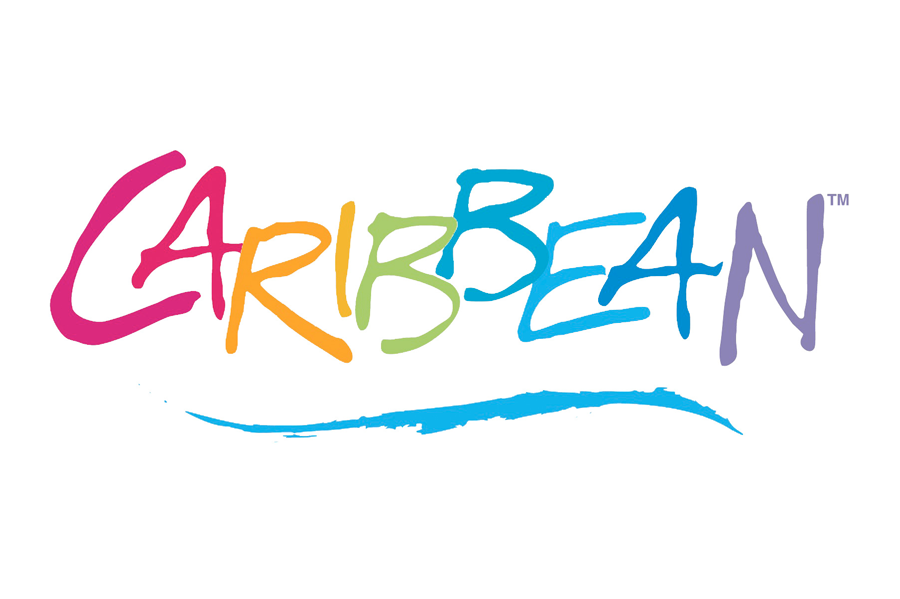A day in the life of...
Medic to Medic
Isaac Yiwombe is a Medic to Medic alumnus having graduated with a Bachelor of Medicine and Bachelor of Surgery from College of Medicine, University of Malawi (now Kamuzu University of Health Sciences) in 2018. Here he tells us what it’s like to be an intern in Malawi, serving in the government hospitals of one of the poorest countries in the world.
A typical day varies, depending on the part of the hospital you’ve been assigned that day. Some days are good, others are bad. What’s regarded as good or bad is highly subjective, determined by a wide range of factors including personal preferences. For most departments, however, the typical day is quite similar and it’s obvious the department heads share notes on how best to inspire and/or torture their intern doctors.
The first matter of the day is usually the morning handover meeting, the most nerve-wracking and entertaining part of the day. This is where the clinical team working the previous night gives a summary of the events to the doctors taking over. These meetings can be quite tense, especially if one made a mistake with a patient, or missed a critical diagnosis. On the other hand, if everything was done right, there’s usually nothing to worry about.

the hardest thing...
…is breaking bad news to a family about the death of a loved one. Especially when that death could have been prevented had there been more human and material resources available.
The best thing...
…is seeing hope restored when a patient recovers and is discharged. Most patients do survive, and even with our limited resources we manage to help thousands. It’s worth the sacrifice and price we pay, for every patient’s life is priceless.

Medic to Medic provides scholarships to students who are at risk of dropping out of their training as health workers in Africa. Scholarships support yearly tuition fees, a once-a-semester allowance, medical equipment. books, and a laptop: charitable.travel/medic-to-medic
This is a feature from Issue 17 of Charitable Traveller.


















 by net effect
by net effect